 Are you a complementarian or an egalitarian?
Are you a complementarian or an egalitarian?
I cringe every time I hear that question. It feels like I am passing through an airport security checkpoint, and security guards are trying to determine if I pose a risk to the safety of the church.
Since the late 20th Century these two polarized groups have defined the evangelical landscape for women, and we are often pressured to declare where our loyalties lie. Taking a stand can be costly. Joining one side can cause estrangement from the other and friends to become foes.
Complementarians believe the Bible establishes male authority over women, making male leadership the biblical standard. Accordingly, God calls women to submit to male leadership and take up supportive roles to their husbands and to male leaders in the church. Egalitarians believe leadership is not determined by gender, but by the gifting of the Holy Spirit, and that God calls believers to submit to one another. At the heart of the debate is whether or not God has placed limits on what women can or cannot do in the home and in the church, although the discussion bleeds into other spheres of life.
What gives me heartburn about this debate is the fact that after years of careful study, highly respected evangelical scholars can’t agree. These are godly men and women who hold firmly to orthodox Christianity and staunchly defend the authority of Scripture. This stalemate alone ought to inject a strong measure of humility into the discussion. For many women it creates a boatload of uncertainty and anxiety: Are we over-using or under-using our gifts? Are we too independent, too competent, too strong?
Add to this the fact that personal circumstances often make it impossible to live consistently within one view or the other. What’s a woman to do if she doesn’t have a husband? What if a husband is unwilling or unable to lead? What about the single mom? Is she forced into a man’s role? Does a woman’s giftedness doom her to a perpetual state of frustration? Is she biblically obligated to challenge the local status quo or leave?
From a global perspective, Western women occupy a rather privileged social status. In many parts of the world, women are human property to be bought and sold in the sex trade. Islamic fundamentalists beat women in public when a gust of wind lifts the hem of their burka to expose ankles. They throw acid in the faces of young girls who dare to be educated. At the opposite extreme, radical feminists want to reorder society by redefining the concepts of femininity and masculinity. Males are viewed as oppressors, and abortion is a matter of civil rights.
Is the gospel message Christians are proclaiming nothing better than a “kinder, gentler” version of the way the world does things?
Not according to Jesus. His gospel takes men and women beyond these old debates to a radically new way of relating. He calls all of us away from grasping equality or authority to follow Him by pouring ourselves out for one another. He calls all of us to expend ourselves and our gifts in the global rescue effort He has launched. Our mission dwarfs our resources and demands a caliber of unity unlike anything the world has ever seen.
From the beginning, men and women have been God’s A-Team—a Blessed Alliance to advance His kingdom throughout the world. When He created male and female, Genesis says, “He blessed them.” Jesus’ deepest desire was for His followers to enjoy unparalleled oneness. Paul followed-up with the language of anatomy, describing us as one Body. What binds Jesus’ followers together is not our sameness, but our firm allegiance to Him and to His cause in the world.
Differences will always exist among Christians. But those very differences demonstrate the transforming power of the gospel—that Jesus is making a difference in our lives. How else can anyone explain how hopelessly diverse individuals can become one united Body?
So don’t expect a security checkpoint at Synergy conferences. We are not playing the debate game. Complementarians, egalitarians, and the undecided are all welcome. We have kingdom work to do, and we are forging strong relationships with each other and our brothers as we answer Jesus’ call on our lives.
Reprinted with permission. This article was originally published in the Synergy column for FullFill Magazine (Winter 2009). This edgy magazine takes women seriously with thoughtful articles by women leaders for “women of all seasons of life and leadership,” but men too will benefit from reading it. There’s even a “Male Box” column with contributors such as Dan Allender and Rob Bell. If you don’t already subscribe, you should check it out.




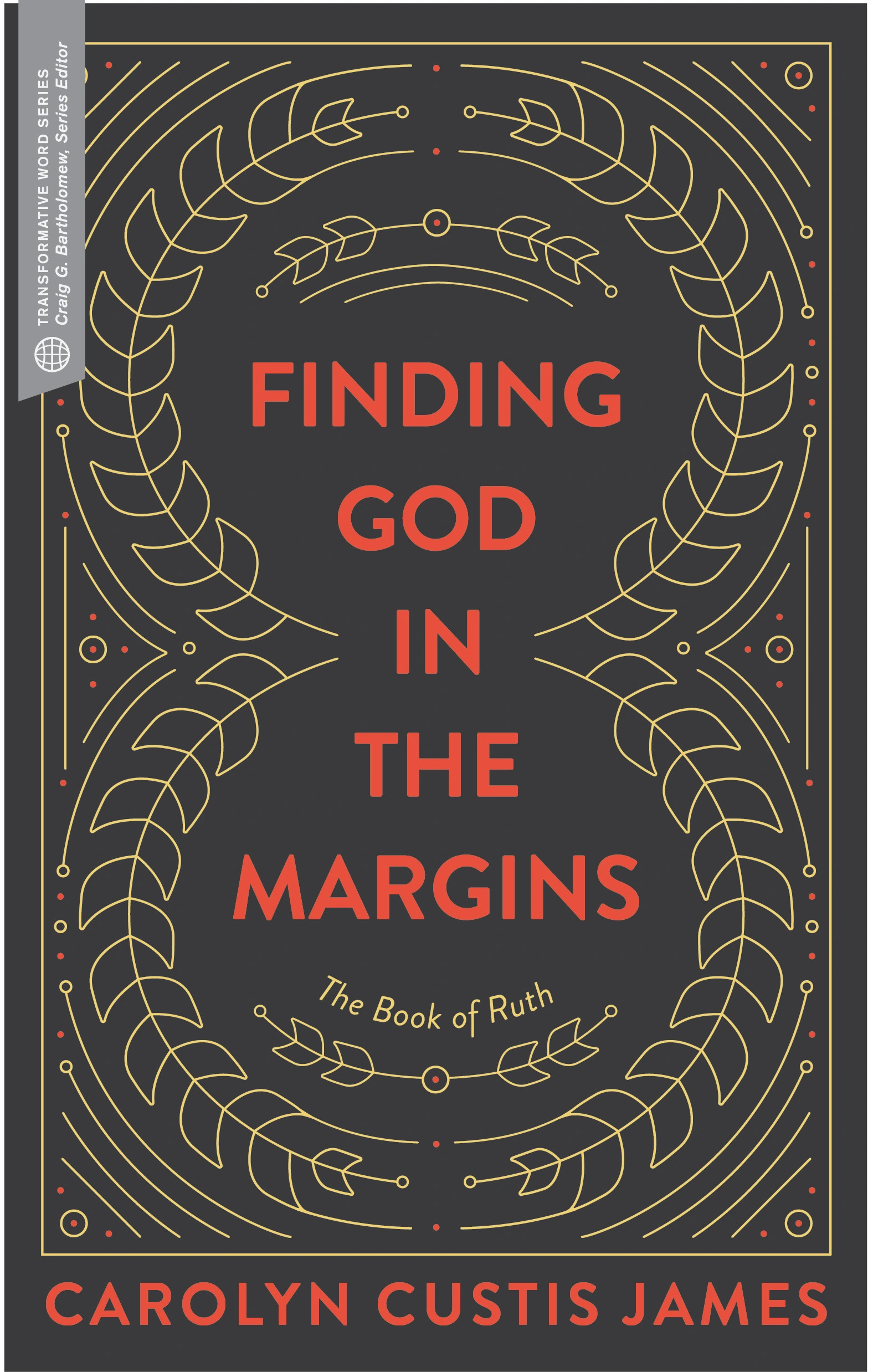
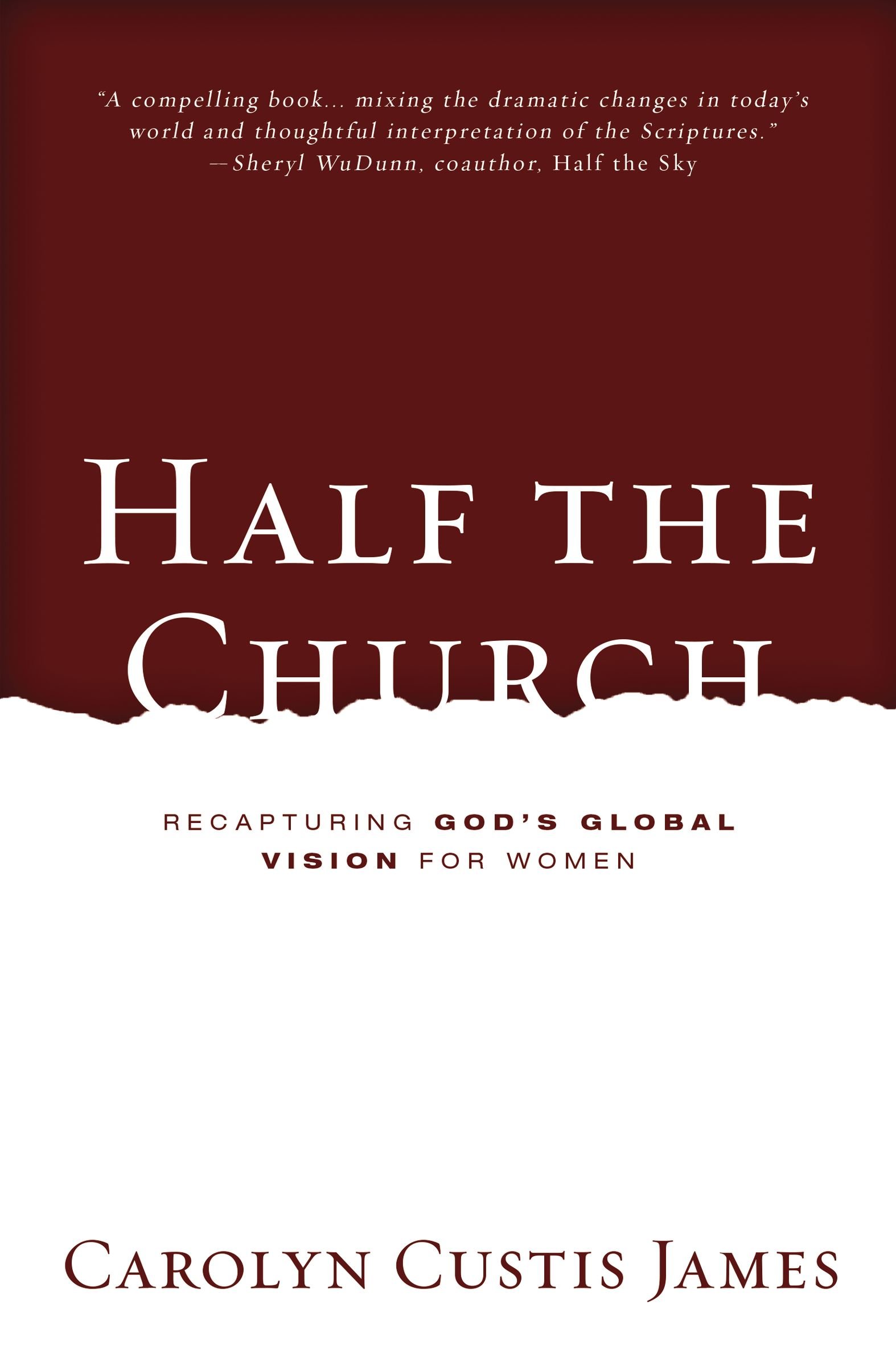
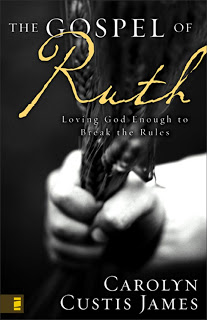
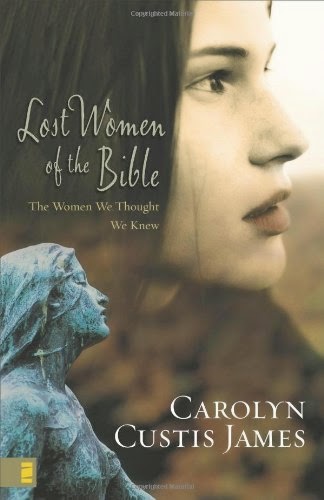






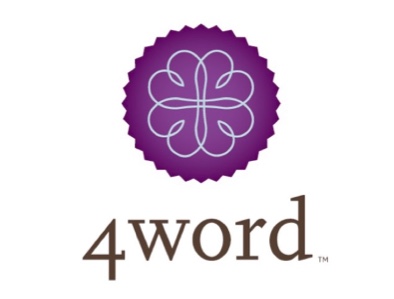
Amen…it is time to focus on the work of the kingdom! Thank you for the challenge.
LikeLike
This is fantastic – Amen! How much more could we do for the kingdom if we could stop focusing on labels and grasping for equality and authority. Even Jesus Himself made Himself nothing, and God glorified Him. If we are to lead, we have to serve one another… Excellent article.
LikeLike
Carolyn,
You said,
“What gives me heartburn about this debate is the fact that after years of careful study, highly respected evangelical scholars can’t agree.”
From what I can gather from your statement, you are stating that both “camps” arrive at different conclusions based on inferrences drawn from the same source, specifically Scripture.
What I am kind of curious about, is if you have taken the opportunity to compile references from Scripture that speak explicitly about this topic. I understand that people draw different conclusions from these refferences, but I was wondering if you had any such resource that you would be willing to share.
Do you have a list of references from Scripture that address the issues of “complementarianism” and “egalitarianism”?
Thanks!
LikeLike
Two volumes contain a thorough discussion of the debated texts from the two positions and will lead you to other books written on the subject.
Complementarian Viewpoint:
Recovering Biblical Manhood and Womanhood—A Response to Evangelical Feminism edited by John Piper and Wayne Grudem.
Egalitarian Viewpoint:
Discovering Biblical Equality—Complementarity without Hierarchy edited by Ronald W. Pierce and Rebecca Merrill Groothuis.
LikeLike
Carolyn, thank you for your post. I completely agree about men and women needing to lay aside differences for the greater work of the Kingdom and partner together to see people come into the Kingdom and fight oppression around the world.
My question comes from being someone who LOVES your first book “When Life and Beliefs Collide”. In there, your challenge for women to know Theology and realize they will need it for their life. It is something I'm very passionate about. I work with young women who are too content to not ask hard questions or dive in to scripture to really understand the gospel. Too often they just sit in the simple and assume that is enough to carry them through life.
Doesn't this post kind of go against that? The idea that we rise above this and don't need to figure it out or “choose a side”. It appears in this post to make the issue of women's roles something that is not important enough to really take a side on. It seems to me understanding this issue and creating a Theology for our lives is vital for figuring out how we will serve, live, and minister in the christian life. We can want to “rise above it” but as a women in ministry, these questions will come up all the time.
I want people across the lines to work together for the great good of the Kingdom but I don't think that comes at the expense of not talking, discussion, diving in to scripture, and really trying to understand the debate of women's roles or even taking a public position on it.
Thank you for the work you are doing to raise awareness of women's oppression around the world – I pray many women see the need and are compelled to respond and serve. Thank you also for your 1st book which inspired me to pursue the Lord at a much deeper level.
LikeLike